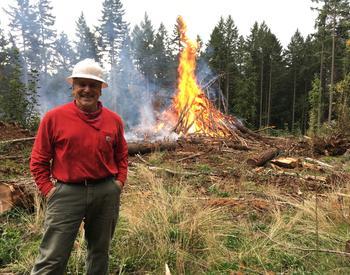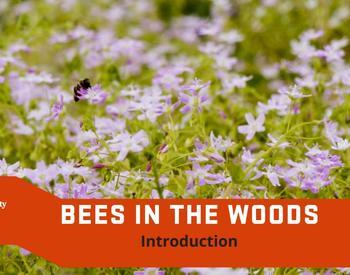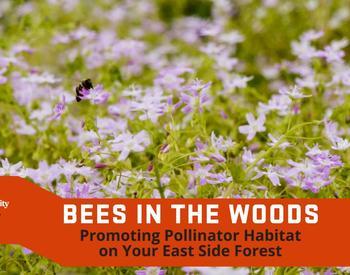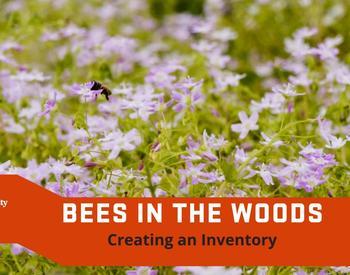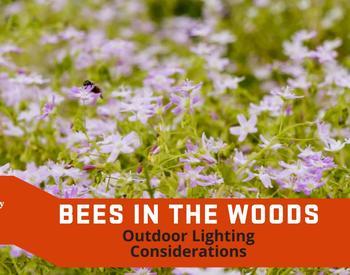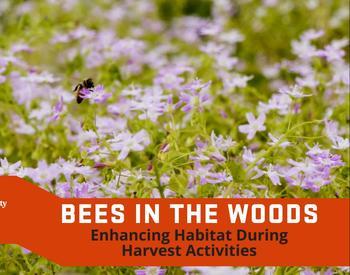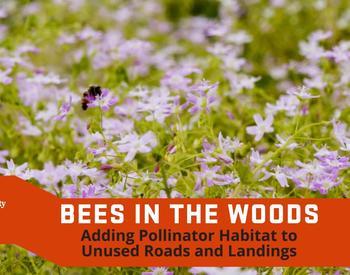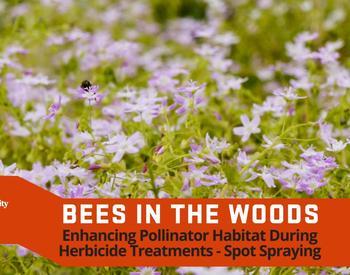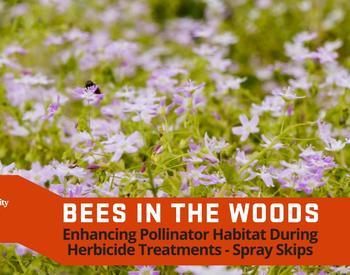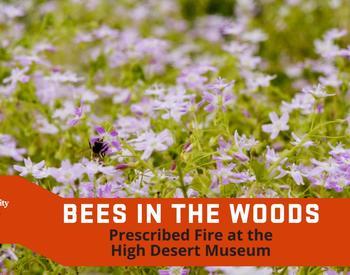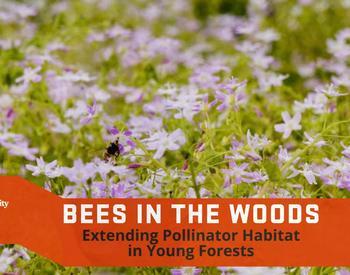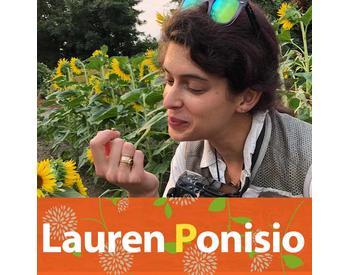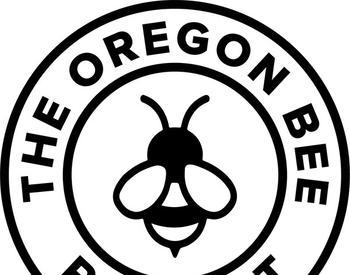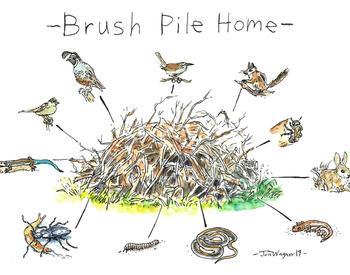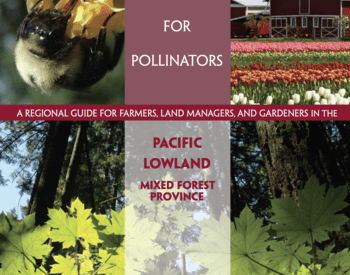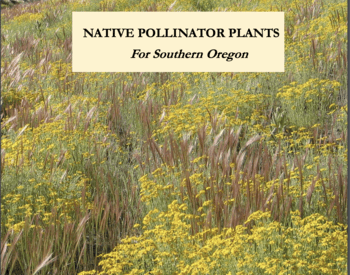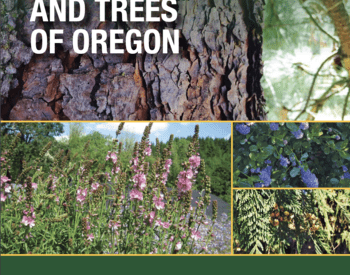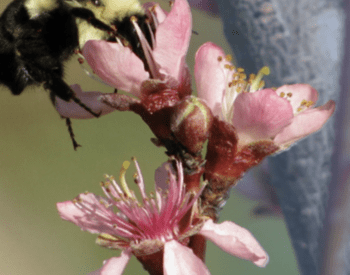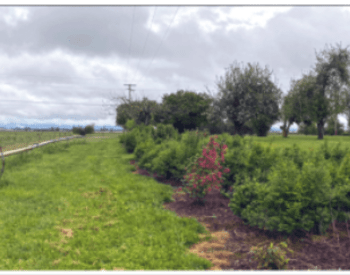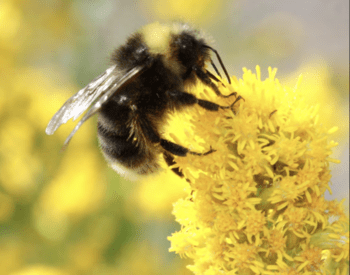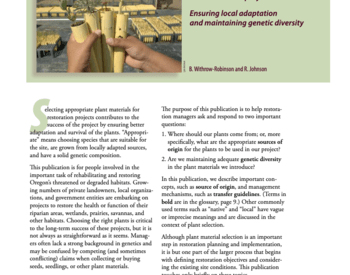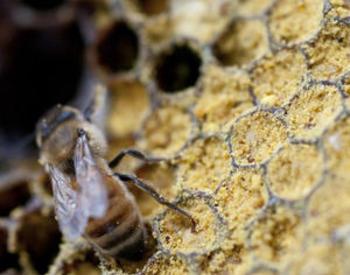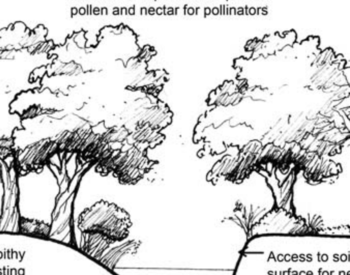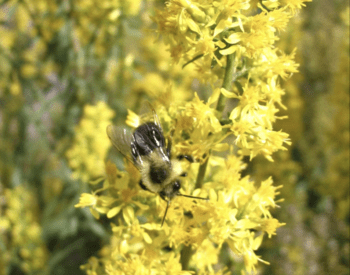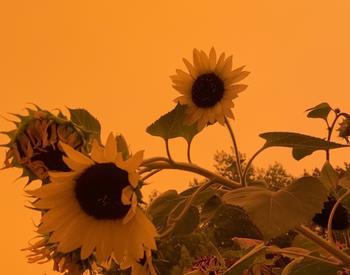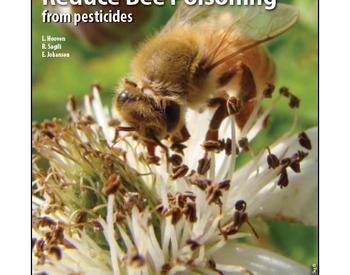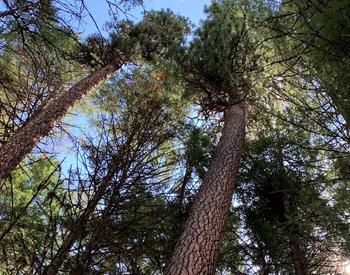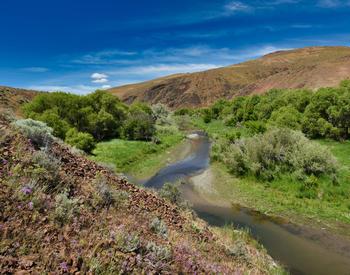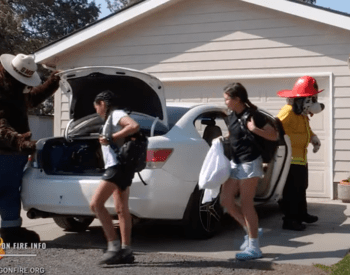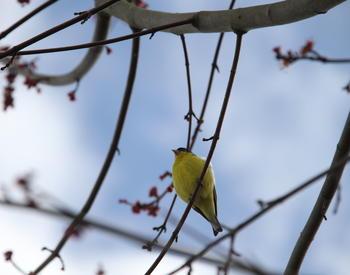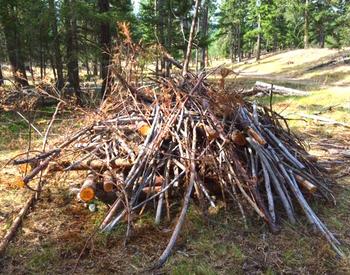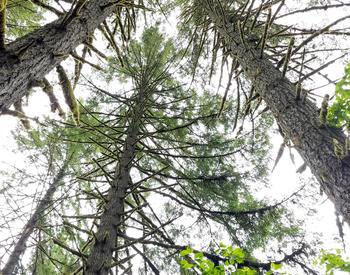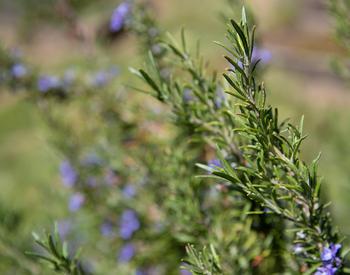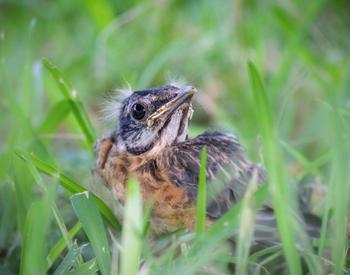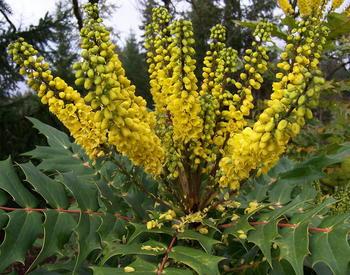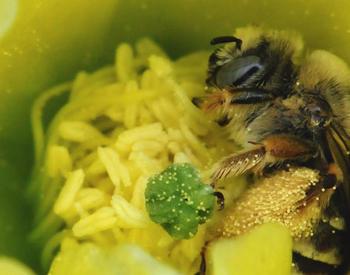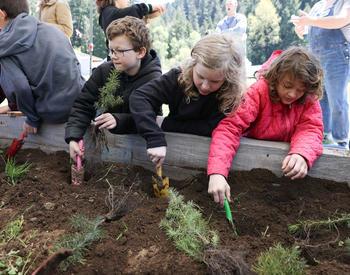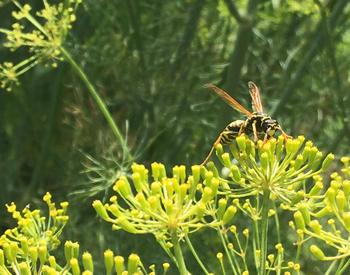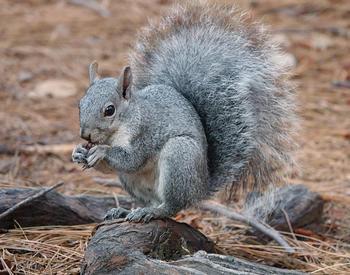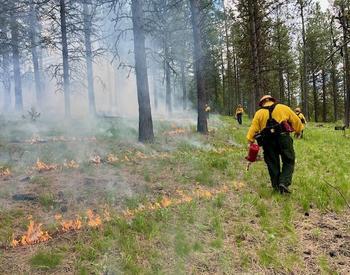Oregon’s land base is roughly 50% forest, so it's only natural that we consider forests in pollinator conservation efforts, particularly those related to native bees. New research in Pacific Northwest forests indicates high bee abundance and diversity, especially in intensively managed forests and forests damaged by wildfire. There are over 500 native bee species in Oregon, and over 100 of those visit our forests. We are still learning a lot about native bees in our forests, but this video series shares aims to share what we know and opportunities to help forest owners and mangers:
- Recognize native bee habitats.
- Protect or improve bee habitat within the course of regular, common forest management activities.
- Provide bee habitat through active as well as passive management.
- Add bee habitat to forgotten places such as roads, landings, fences, buildings and other open spaces.
This series offers resources for both wet Douglas-fir dominated forests and our dry forest ecosystems.
Bees in the woods video series
Podcast episodes related to forest pollinators
Other Resources of interest related to forage, habitat, and pesticides
For additional Information
- Forest Bee Pollinators (publication) by Christine Buhl, ODF Entomologist
- Interactive map of pollinator plants for your county by Scott Mitchell, Oregon State University
- Shrubs and trees to know (publication) by Scott Mitchell, Oregon State University
- Plants for pollinators (plant list) Oregon State University
- How to Choose a Good Pollinator Seed Mix (publication) Oregon Natural Resource Conservation Service
Use pesticides safely!
- Wear protective clothing and safety devices as recommended on the label. Bathe or shower after each use.
- Read the pesticide label—even if you’ve used the pesticide before. Follow closely the instructions on the label (and any other directions you have).
- Be cautious when you apply pesticides. Know your legal responsibility as a pesticide applicator. You may be liable for injury or damage resulting from pesticide use.
¡Use los pesticidas con seguridad!
- Póngase ropa de protección y equipo de seguridad según las recomendaciones de la etiqueta. Báñese después de cada uso.
- Lea la etiqueta del pesticida—aunque lo haya usado antes. Siga al pie de la letra las indicaciones de la etiqueta (y cualquiera otra indicación que Ud. tenga).
- Tenga precaución al aplicar los pesticidas. Conozca su responsabilidad legal como aplicador de pesticidas. Usted puede ser responsable de heridas o daños resultantes del uso de un pesticida.
